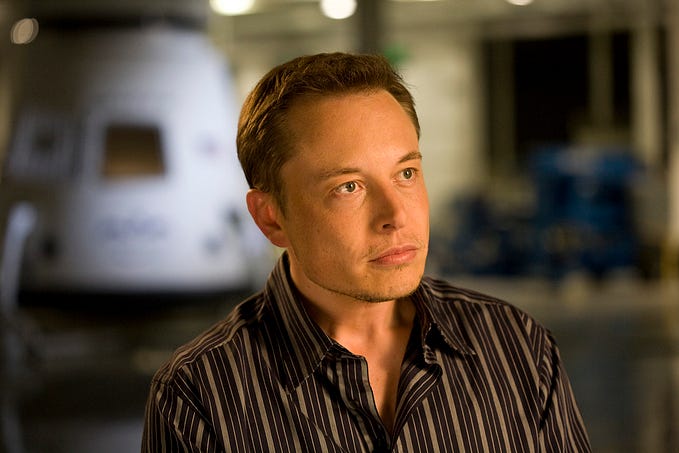Do All Roads Lead to a Decentralized Internet?
A decentralized Internet may be a cure for our problems with data and content

The major problems with the Internet identified by the public, policy experts, and regulators appear to all be rooted in the fairly centralized nature of the network. In short, you don’t need to be a libertarian or cypherpunk to think that a more decentralized Internet protocol would be preferable.
The most pressing economic concern about the Internet economy is the problems of “data capitalism.” I’ve shared my skepticism about claims that big data prove too big an entry barrier for competition to thrive. Nonetheless, the idea that maybe our Internet experience shouldn’t be curated by only a handful of firms appeals to both conservatives and progressives.
We’ve volunteered considerable amounts of information about ourselves that, in retrospect, we may take back had we known what we know today. I attribute this mea culpa for the data economy largely to scapegoating following unsavory election results, but the feelings in support of a need for change are relevant insofar as they initiate political intervention, which they already have done and will likely continue to do so.
When I consider the most pressing policy concern about the Internet, I’d likely say regional fragmentation. This could be reasonably attributed to each government’s means of coping with the economic concerns stated above. Though America and Europe won’t be at the level of China’s “Great Firewall” or strict data localization rules anytime soon, the patchwork of polity-specific tech regulations will essentially fragment the global network into a series of clusters defined by the boundaries of the nation-state, far short of any Internet luminaries vision of a global network truly free from government oversight.
A common refrain in tech policy circles is that the EU has become de facto global regulator of the world’s tech firms. It is true that Brussels has exerted influence from afar on the current global giants like Facebook, Google, Apple, and Amazon, but fledgling startups and other data-centric firms have shown a willingness to simply refuse service in the European Union in light of the forthcoming GDPR rules. Like Justice Potter Stewart, EU regulators won’t really know violations until they see it. Unclear enforcement paired with fines equalling 4 percent of global revenues are enough to make firms stop serving EU clients and wait to see how the EU’s bite compares to its bark.
Further, America’s crackdown on online “issue” speech, exemplified by the Honest Ads Act that would require anyone taking out digital “issue” ads to verify their American identity, sets a poor example for how governments should treat online speech that I think has been understated.
A decentralized Internet may be a cure for both problems. As my former colleague Eli Dourado wrote for this blog, a content-based Internet protocol like the InterPlanetary File System (IPFS) removes strict control of the Internet’s content from both the companies that host content and the governments that control the territory in which servers and data centers happen to reside.
A move away from the location/IP-address based Internet we have now may also clear up one of the most pressing security concerns about the Internet: botnets and memcached servers producing massive DDOS attacks that take down core Internet infrastructure.
While IPFS and other decentralized peer-to-peer networks are not silver bullets to all these problems, they are a step in the right direction in resolving these issues that may get a serious hearing sooner than we expect.









